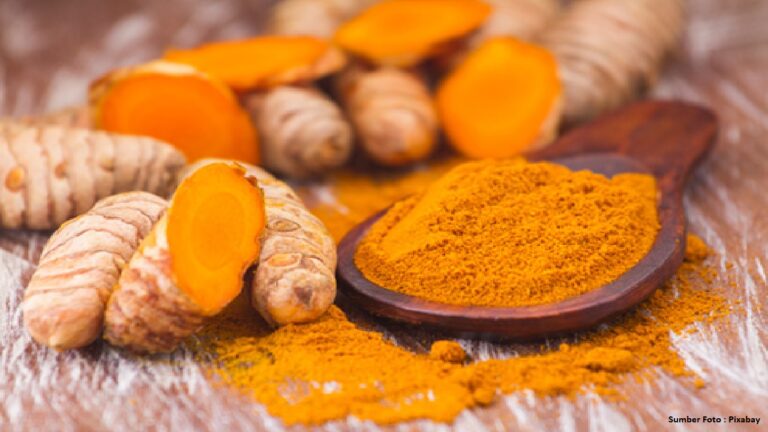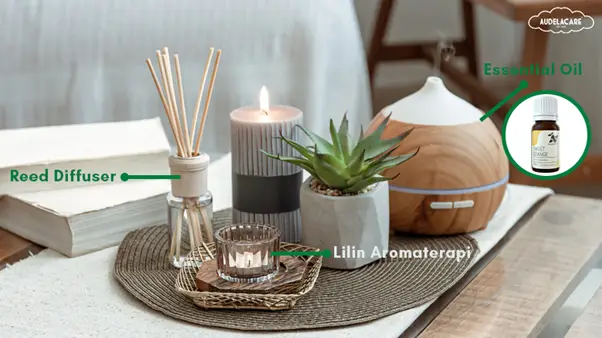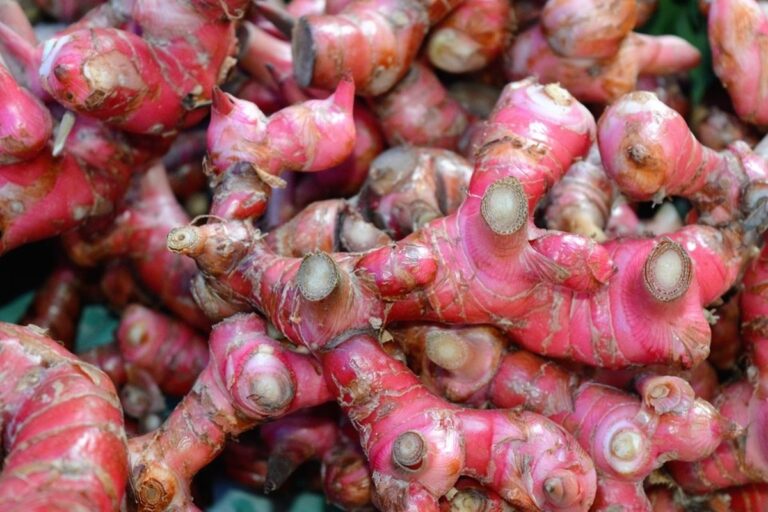Various Medicinal Plants and Their Health Benefits
Indonesia is a country with immense biological diversity, including a rich variety of medicinal plants. The use of medicinal plants as an alternative natural medicine has been practiced by people for centuries. Especially in the current period, herbal plants have become popular due to their perceived safety compared to conventional medicines and fewer side effects.
Plant medicines are not only utilized in traditional herbal medicine but also developed into modern forms such as capsules, herbal teas, and liquid extracts. In the following article, we shall examine various medicinal plants, their health benefits, and the usability of their uses in everyday life.
Types of Medicinal Plants and Their Benefits
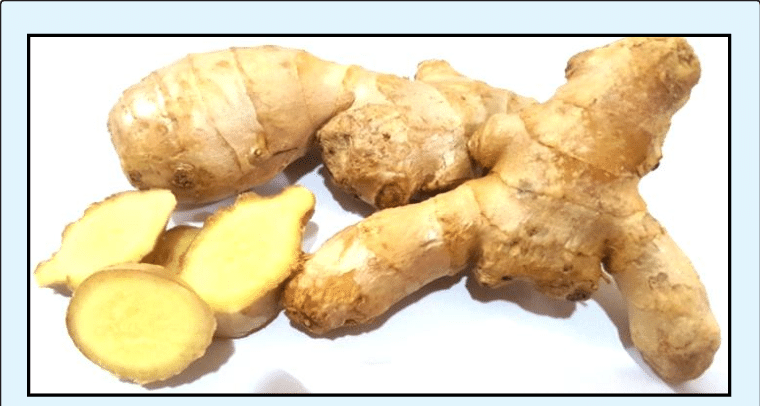
1. Ginger (Zingiber officinale)
Ginger is a rhizome that is very popular in Indonesia. As a kitchen spice, ginger is popular for its use in causing a sensation of warmth that can help relieve colds, nausea, and joint pain.
Gingerol in ginger is an antioxidant and anti-inflammatory. Ginger is also used as a means of boosting immunity and blood circulation. Ginger can be consumed as tea, herbal capsules, or cooked and mixed with food.
2. Curcuma longa (Turmeric)
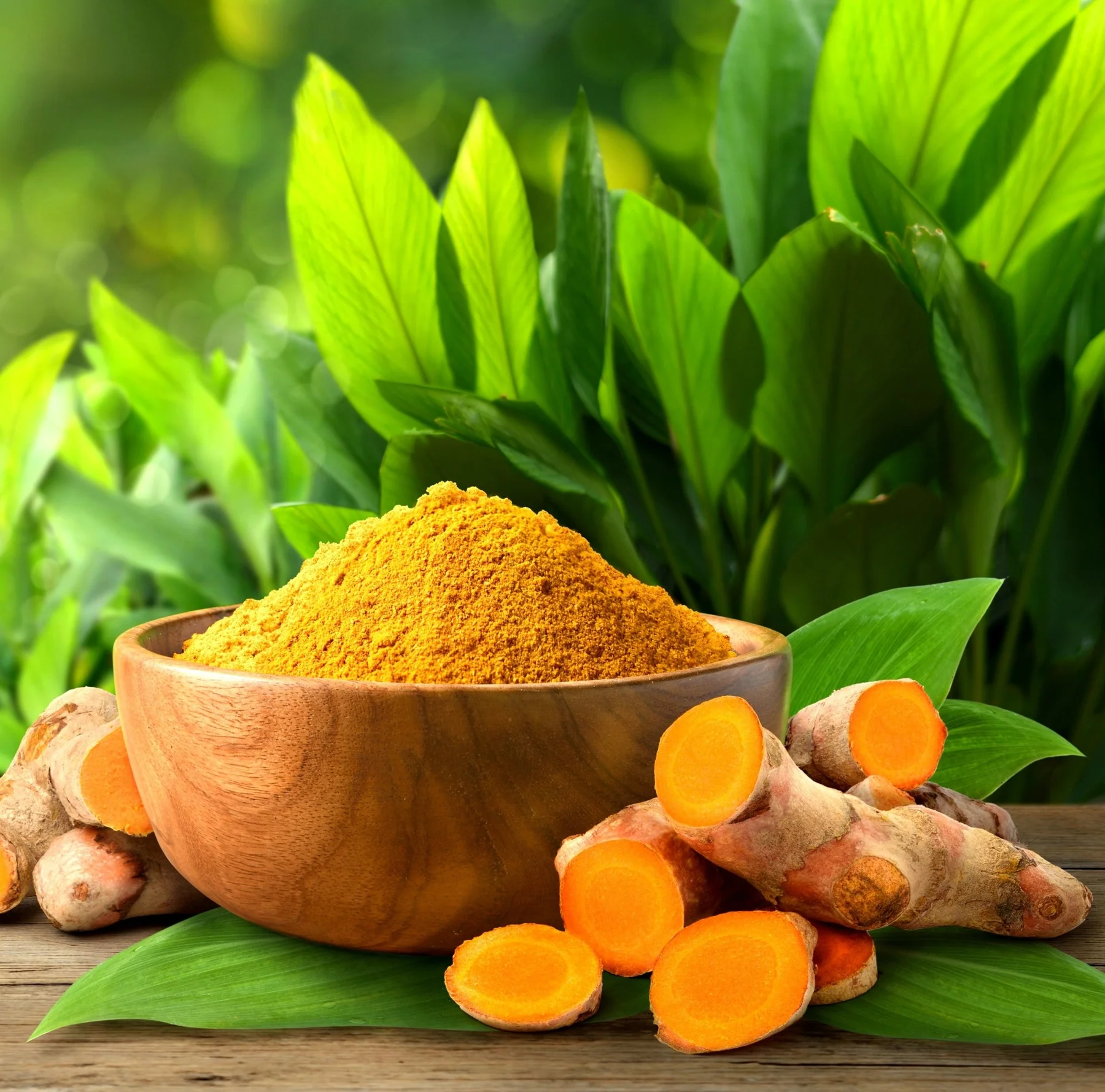
The yellow pigment of turmeric results from an active substance called curcumin. The plant is naturally anti-inflammatory, antimicrobial, and antioxidant.
Turmeric finds extensive usage in relieving inflammation in the stomach, stabilizing the menstrual flow, and increasing liver function. Turmeric is generally brewed as a popular Indonesian turmeric and tamarind herbal drink.
3. Betel Leaves (Piper betel)
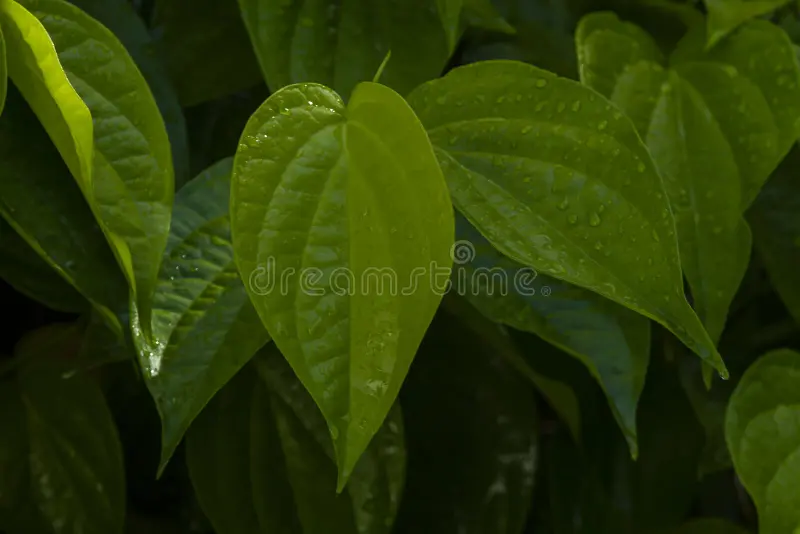
Betel leaves have long been employed as a nature-based antiseptic. The plant possesses abilities that are able to treat vaginal discharge, bad breath, and even minor skin infections.
Some of the active compounds of betel leaves, such as eugenol and kavikol, possess antibacterial and antifungal properties. Betel is typically employed together with boiled water or as a natural mouthwash.
4. Javanese Turmeric (Curcuma xanthorrhiza)

Cercuma is a medicinal plant from Indonesia and is often used to stimulate appetite and maintain liver function.
Besides that, Javanese turmeric is also claimed to have anti-inflammatory effects and can heal gastrointestinal diseases. In the industrial field, Javanese turmeric is often used as a raw material in herbal medicines and jamu.
5. Andrographis paniculata (Andrographis paniculata)
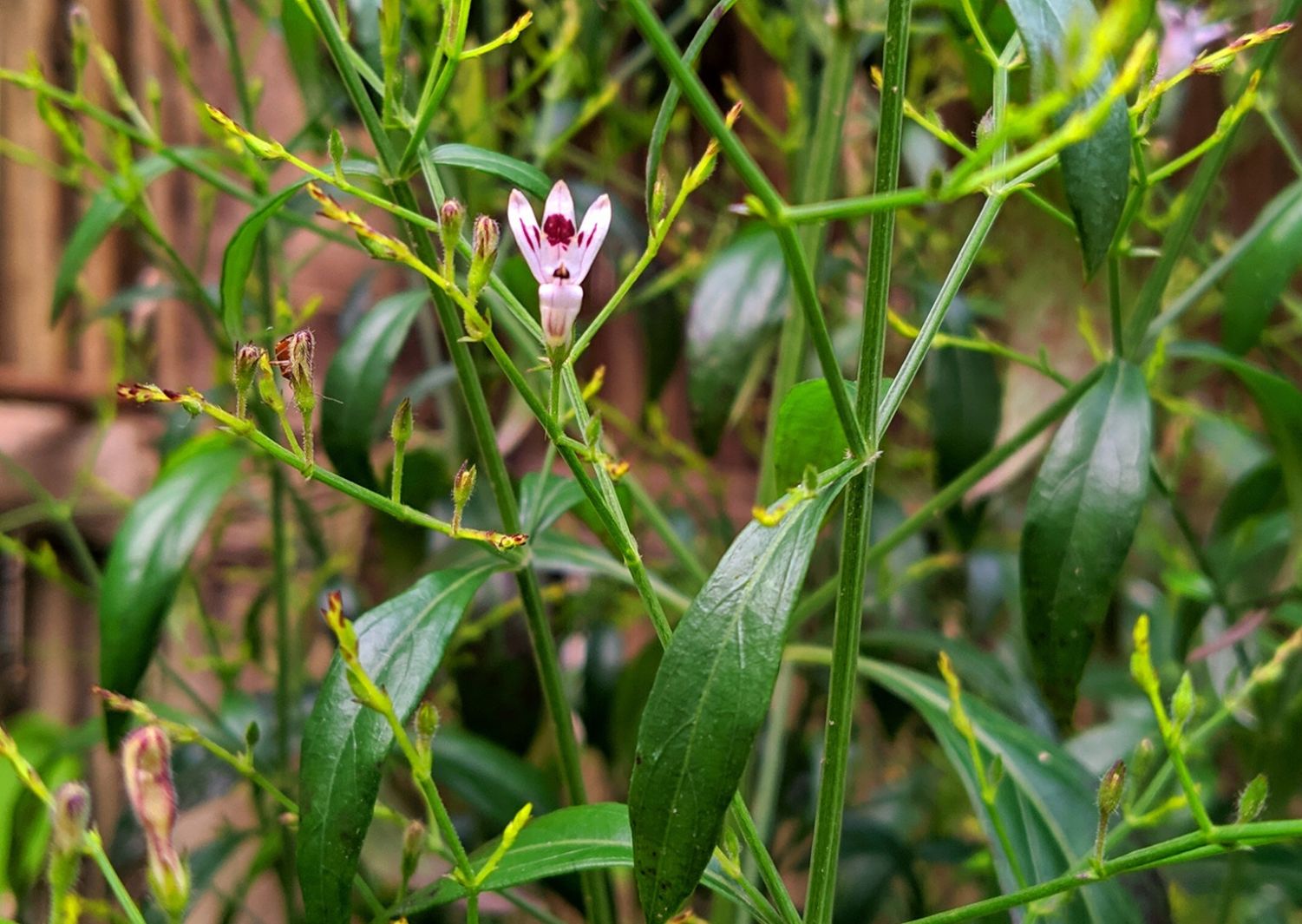
Although it is very bitter to taste, Javanese turmeric is rich in several health benefits, particularly in boosting the immune system and fighting infections.
The herb is claimed to have immunostimulant and antimicrobial effects. It is consumed in capsule form or as a herbal tea to avoid the flu and speed up recovery.
Benefits of the Use of Medicinal Plants in Everyday Life
The use of medicinal plants has several practical uses in day-to-day life. One is their easy availability in profuse quantity and easy cultivation in the home garden. Moreover, medicinal plants have very few side effects in the correct dosage.
Herbal herbs can also be an economic solution for minor ailments such as coughs, headaches, or stomach problems. Besides their use in medicine, they also have a dual purpose, being used as ingredients in healthy drinks and culinary purposes.
In the long term, medicinal plants can lead to a natural and sustainable lifestyle. Those households that are accustomed to making use of herbs become more aware of the necessity to maintain preventative health.
Case Studies and Relevance of Daily Use
Medicinal plants have become a significant aspect of people’s lives, especially in rural communities in Indonesia. Some examples of daily use are as follows:
Treating Digestive Disorders with Turmeric and Javanese Ginger
Central Javanese housewives prefer to mix turmeric and Javanese ginger into herbal medicine to heal stomach ulcers and to improve the digestion of their household members. Without having to go to the pharmacy, they can prepare their own herbal medicine from the plants that grow near their backyards.
Employing Betel Leaves to Heal Minor Injuries
The residents of the Kalimantan interior boil betel leaves and utilize them as antiseptics to treat minor wounds, rather than with artificial antiseptics. They believe that the betel leaves dry up in no time and protect against infection.
Boosting Immunity During the Wet Season with Sambiloto
Most households use sambiloto as a daily herbal beverage during the rainy months to prevent the flu. Daily intake of sambiloto is suggested by experience to reduce the level of illness in the household.
FAQ (Frequently Asked Questions)
What are the medicinal plants that can be grown at home?
Turmeric, ginger, Javanese ginger, betel leaf, and bitter leaf are some of the most suitable for growing in the backyard or pots. They are easy to take care of and do not occupy much space.
Are medicinal plants safe to be used daily?.
Not all herbs are taken daily without a dosage. Some, such as bitter leaf, can be taken short-term. It is good to consult a herbalist or doctor.
In what ways is herbal medicine distinct from contemporary plant-based medicine?
Herbal medicine is normally a conventional remedy made straight from natural substances. Modern plant-based medicine, on the other hand, has undergone extraction and standardization and has been clinically tested.

